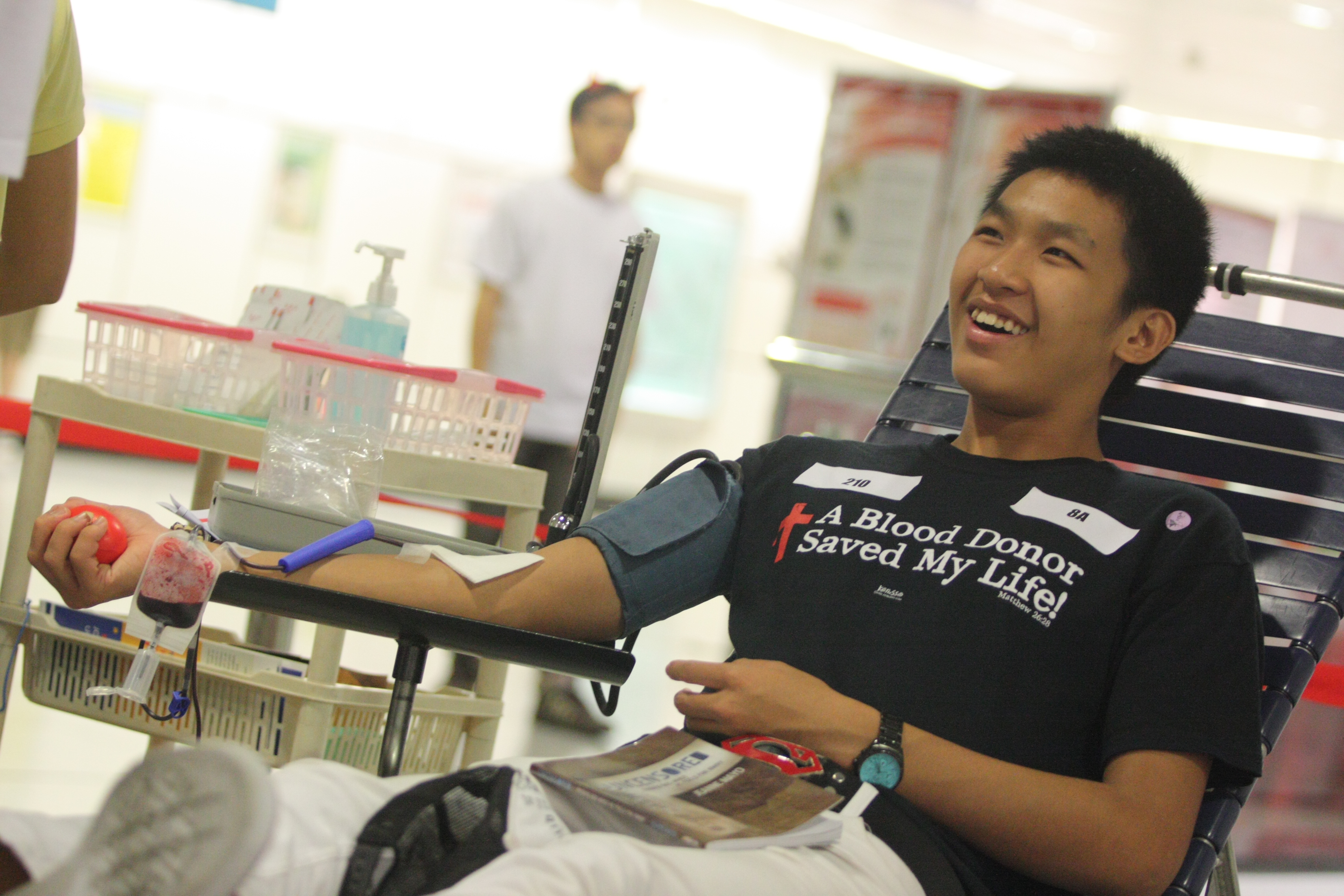
There are some basic requirements you need to fulfill in order to become a blood donor. You may become a donor if you:
For your safety and well-being, we advise you to wait at least 4 weeks (28 days) before your next donation attempt if your haemoglobin is below the donation threshold. This allows your body time to replenish the iron stores and to build up your haemoglobin level.
You can boost your iron level with a well-balanced iron-rich diet. Click here for tips to boost your iron.
Click here for more information about haemoglobin levels.
At the donation site, you will also be asked to complete a Donor Health Assessment Questionnaire. Depending on your answers, you may or may not be eligible to donate blood.
You are advised to postpone your blood donation if you’re currently undergoing treatment for a major illness or surgery, or (for women) if you’re pregnant or experiencing heavy menstrual flow.
UPDATE
The blood bank has implemented a new blood donation eligibility guideline for donors who received the COVID-19 vaccine. Please click here for more information.
If you have travelled overseas recently, please call 6220 0183 or check HSA’s Overseas Travel Deferral Criteria to check your eligibility.
Visit the Health Sciences Authority’s website to learn more about the different factors that could affect your next donation date.
Whether it’s your first time donating blood or you’re a regular donor, take the following into consideration: